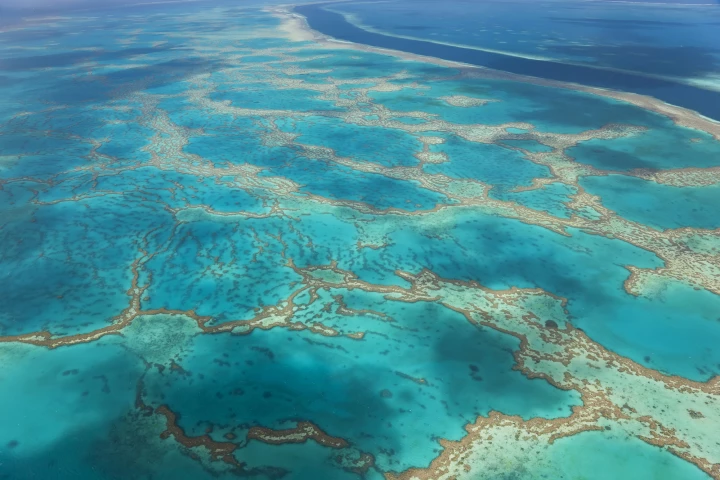Coral
-
In an effort to restore damaged coral reefs, some groups are growing hardy varieties of coral in nurseries, then transplanting them onto reef beds. The Maritechture system is made to streamline that process, allowing it to be done on a larger scale.
-
Calcium carbonate is an impressive material, in that it combines strength, light weight and porosity. Scientists have devised a new bacteria-based method of 3D-printing the substance, for uses such as bone repair and coral reef restoration.
-
Even if environmental factors such as ocean acidification can be addressed, our decimated coral reefs will still need some help growing back. That's where a "Lego-like" system known as 3D Innoreef is designed to come in.
-
As part of an effort to turn Saudi Arabia into a world-leading tourist destination, work is underway on a striking marine center on the Red Sea coast that will be shaped like coral and feature interactive exhibits, including an artificial coral reef.
-
In an effort to keep the world's coral reefs from disappearing forever, a number of reef restoration projects are currently underway … but how can scientists tell if any one of those projects is working? The answer may lie in listening to the reefs.
-
A 25-year search for another source of a promising anti-cancer chemical produced by a rare coral species has now started to bear fruit, with the discovery other readily available corals produce the chemical in abundance.
-
Rare coral bleaching brought on by abnormal sea temperatures is rapidly becoming the norm on Australia's Great Barrier Reef, which has just experienced its fourth such event in six years, and the first to ever occur in a La Niña year.
-
The damage sunscreen can do to corals is tied to a common ingredient called oxybenzone, and Stanford scientists have now shown how corals convert the compound into a potent toxin that brings about their demise.
-
If corals are going to survive on today's ecologically stressed reefs, they've gotta be tough. Scientists have therefore been developing a special "turbo-charged" coral, which has recently been found to be reproducing on the Great Barrier Reef.
-
Living coral reefs consist of rigid "skeletons" inhabited by the tiny coral polyps that built them. A new research project aims to restore damaged reefs faster than ever, utilizing 3D-printed skeletons made of the same material as the real thing.
-
Coral rely on a symbiotic relationship with algae to maintain good health. Scientists have now gained unprecedented insight into this phenomenon, making observations of coral cells engulfing algae for the first time ever.
-
Researchers have put forward an interesting way of preventing some of this damage brought by ocean acidification, through a study demonstrating how releasing an alkalinizing agent from shipping lanes could help protect much of the Great Barrier Reef.
Load More











